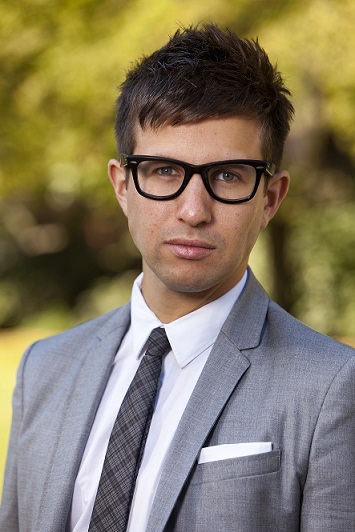How pupils and taxpayers could benefit from the profit motive in education
SUGGESTED



A common problematic feature is the lack of a profit motive, which remains banned in most education systems, partly due to fears that for-profit firms would cut costs at the expense of quality. Such firms are also said to be especially prone to compete by ‘cream skimming’ the best pupils. Rather than generating better outcomes, it is argued that allowing profits would leave us worse off.
Yet the same fears are often voiced against profit-making firms’ behaviour on other markets – where they clearly play an essential role in improving outcomes. And, in fact, there are good reasons to believe that allowing the profit motive in education would also improve outcomes. As long as parents are informed and can exercise choice, for-profit providers have incentives to increase quality per pound spent. They also have stronger incentives to start new schools, close down those in low demand, and scale up those in high demand. In short, profit-making operators have the potential to improve the overall functioning of the education market.
In fact, there is no evidence that profit-making schools underperform. In the US, Chile, and Sweden, research indicates that for-profit providers generate either higher or the same results as other types of school. The idea that the profit motive drives down quality cannot be justified by the evidence.
As it happens, profit-making schools do not have to outperform other schools to be useful. If they produce the same results while making a profit, we are better off as profits are subject to taxation, the proceeds of which could be spent on other worthwhile goals. Similarly, unlike non-profit organisations, for-profit providers can raise investment funding in the private market to cover their capital investments, thereby reducing government budget pressures.
Ironically, therefore, allowing schools to profit from public funds could enable governments to bring in more money overall (or spend less for the same results). As long as for-profit providers do not generate worse outcomes – and governments do not squander the proceeds – taxpayers are better off with them than without them.
Furthermore, since profit-making firms have stronger incentives and opportunities to start schools and expand, they also tend to increase competition more significantly than other providers. And research using international test scores shows that competition from private providers generates higher outcomes in both state- and privately-operated schools. So profit-making schools themselves do not have to be better to have a beneficial effect on the quality of the system as a whole. This holds true in Sweden, where for-profit school competition has cushioned the country’s fall in international rankings.
But what about cream skimming? In fact, evidence from Chile and Sweden indicate that for-profit schools enrol more disadvantaged children than non-profit providers. This makes sense since the poor tend to be locked in areas with low-performing state schools to a greater extent than better-off families, who can access fee-paying private schools or relocate to areas with better state or non-profit schools. By expanding choice and competition to cover the less fortunate, for-profit schools can generate greater equality of outcomes.
We should end the ban on profit making in the English state-funded education system. In the name of evidence-based policy, we could start with a large-scale regional randomised trial. As long as results are not negative, which is the appropriate yardstick, the policy could be rolled out nationwide – not only allowing providers to profit, but pupils and taxpayers as well.
Gabriel is the author of the IEA paper ‘Schooling for Money: Swedish Education Reform and the Role of the Profit Motive’.




